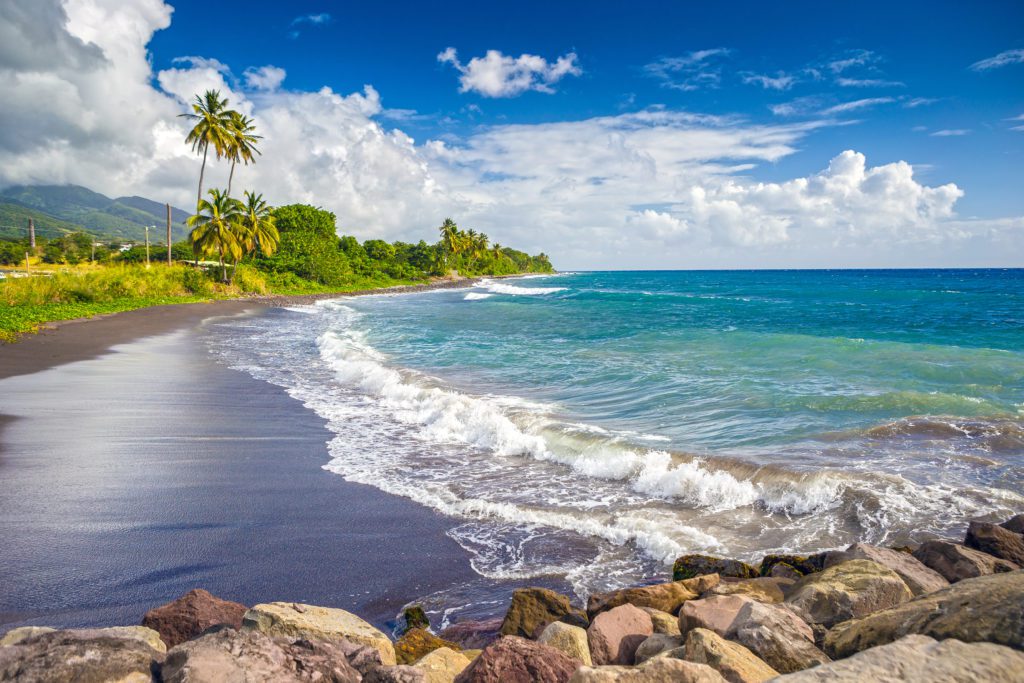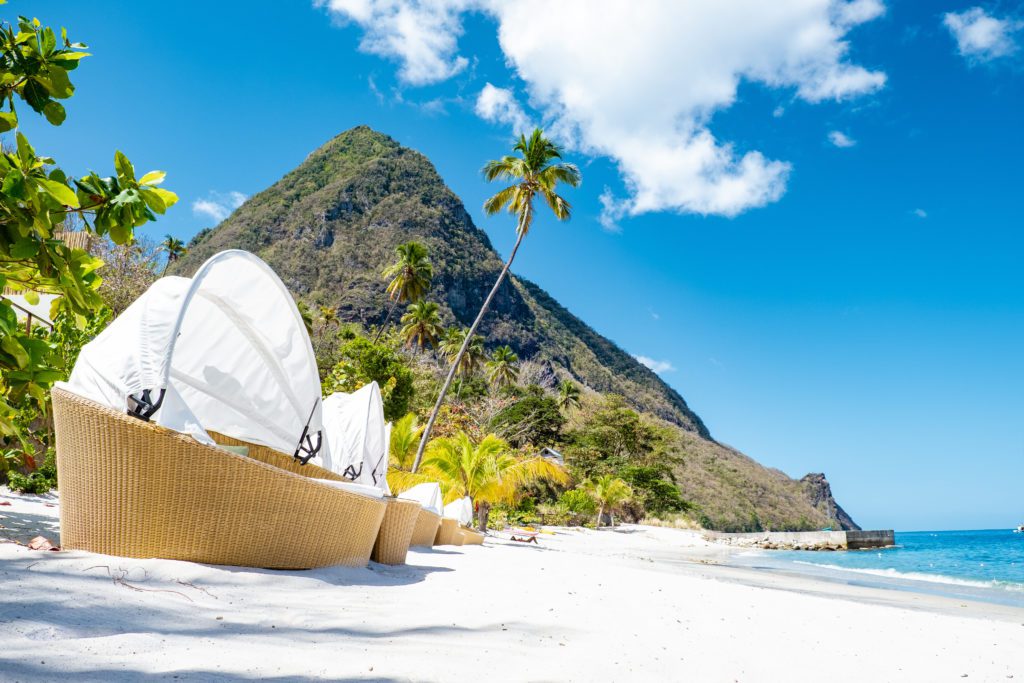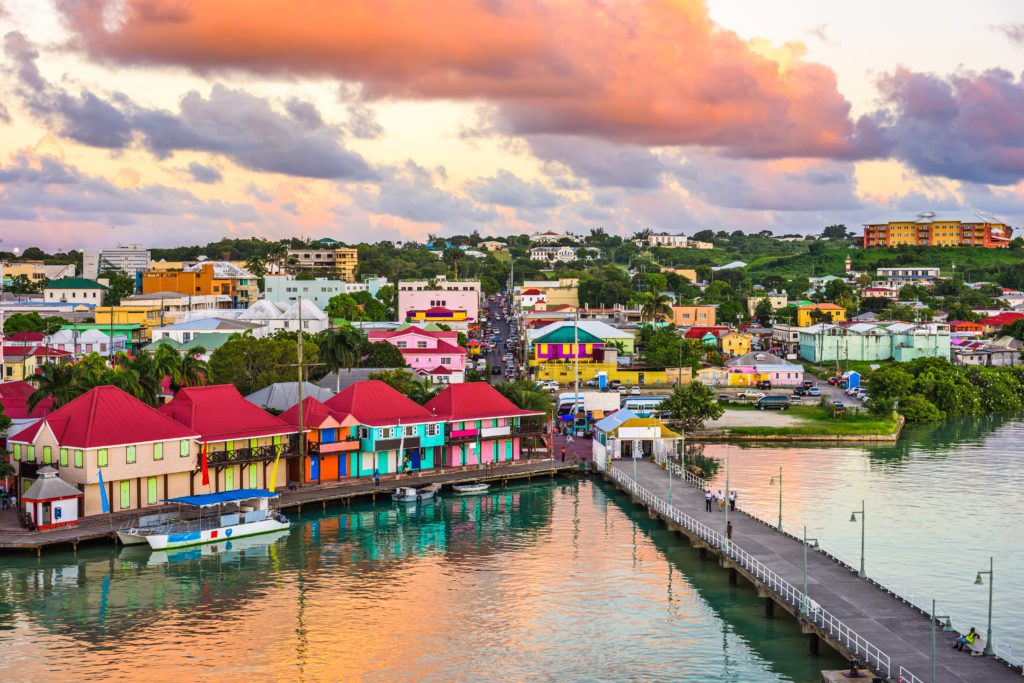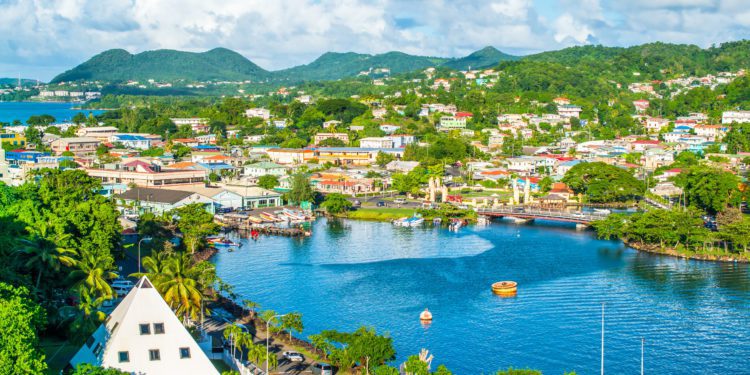Before the global pandemic, an American passport got you into 184 countries. It was one of the best travel documents you could carry.
At the height of the pandemic, U.S. passport-holders were permitted entry to but 29 countries.
Some 166 countries had decided to bar entry to Americans, fearing those Americans might carry the coronavirus with them, for, while the United States is home to 4% of the world’s population, it had about one-fourth of total global COVID-19 cases and deaths and its handling of the crisis was generally globally regarded as a fiasco.
At the time, an American passport had become one of the least useful of all, right alongside a passport from Afghanistan or Iraq. The need for backup residency and a second passport had become—and still is—urgent.
In many countries, it is relatively easy to acquire citizenship by naturalization after having been a resident for a certain number of years (usually five). Right now, five years seems like a long time to wait for a backup passport.
A much faster option is offered by citizenship by investment (CIP) programs. The downside to these is the cost, which can be hundreds of thousands of dollars, typically in the form of a donation to the government or a real estate purchase. If you can afford them, these programs allow you to become the proud holder of a new passport within as little as a few months.
Dozens of CIPs are offered by jurisdictions worldwide, and now, in response to economic downturns as a consequence of the global pandemic, existing programs are being made more affordable and new ones are being launched.
Countries from the Caribbean to the Continent are also making it easier to take up full-time residence, offering “Welcome Stamp” and other programs in an attempt to attract foreigners to come live, work remotely, and, critically, spend money. Jurisdictions whose economies rely largely on tourism have been hard hit and hope these easy residency alternatives will allow them to replace at least some of the tourist income they’ve lost.
Here are three pandemic-era options for acquiring a second passport and establishing residency overseas—some new, some existing but offered now at reduced costs by countries looking for creative ways to stabilize their economies:
1. Reduced Cost CIP In St. Kitts And Nevis

The two-island nation of St. Kitts and Nevis’s CIP is the oldest, launched in 1984, and the base for all other such programs. It offers two paths to a second passport, through a charitable donation to the government or the purchase of authorized real estate.
In response to the pandemic crisis, St. Kitts and Nevis has decided to reduce the required donation amount for its CIP from US$195,000 to US$150,000 until Dec. 31, 2021. This donation amount qualifies families of up to four members for passports.
The real estate investment minimum remains unchanged at US$200,000, resalable after seven years, or US$400,000, resalable after five years.
The St. Kitts and Nevis passport allows travel to 157 countries visa-free.
2. COVID-19 Relief Bond In St. Lucia

Last year, St. Lucia launched its “Covid-19 Relief Bond” CIP opportunity. This is a US$250,000 non-interest-bearing government bond, available until Dec. 31, 2021.
In addition, St. Lucia made these changes to its CIP qualifying options:
- The new donation amount for the National Economic Fund is US$100,00 for a single applicant, and US$140,000 for a couple (previously US$165,000).
- The minimum contribution requirement for a family of four is now US$150,000 (previously US$190,000).
- The contribution requirement for any additional dependents is now US$15,000 (previously US$25,000).
You can also qualify by making a real estate investment of at least US$300,000 or an enterprise investment of at least US$3,500,000.
St. Lucia’s passport allows travel to 146 countries visa-free.
3. New Family CIP In Antigua And Barbuda

In March 2013, the Senate of Antigua and Barbuda voted to establish a Citizenship-by-Investment Program to spur growth in the islands. In May of 2020, the Antigua and Barbuda Citizenship by Investment Unit launched an alternative option making it possible to qualify for citizenship via a donation to the University Of The West Indies Fund.
The contribution requirement for a family of six has been reduced from US$185,000 to US$150,000, making the program significantly more affordable for large families.
Holders of the Antigua and Barbuda passport enjoy visa-free access to 151 countries, including the U.K. and the Schengen Zone.










